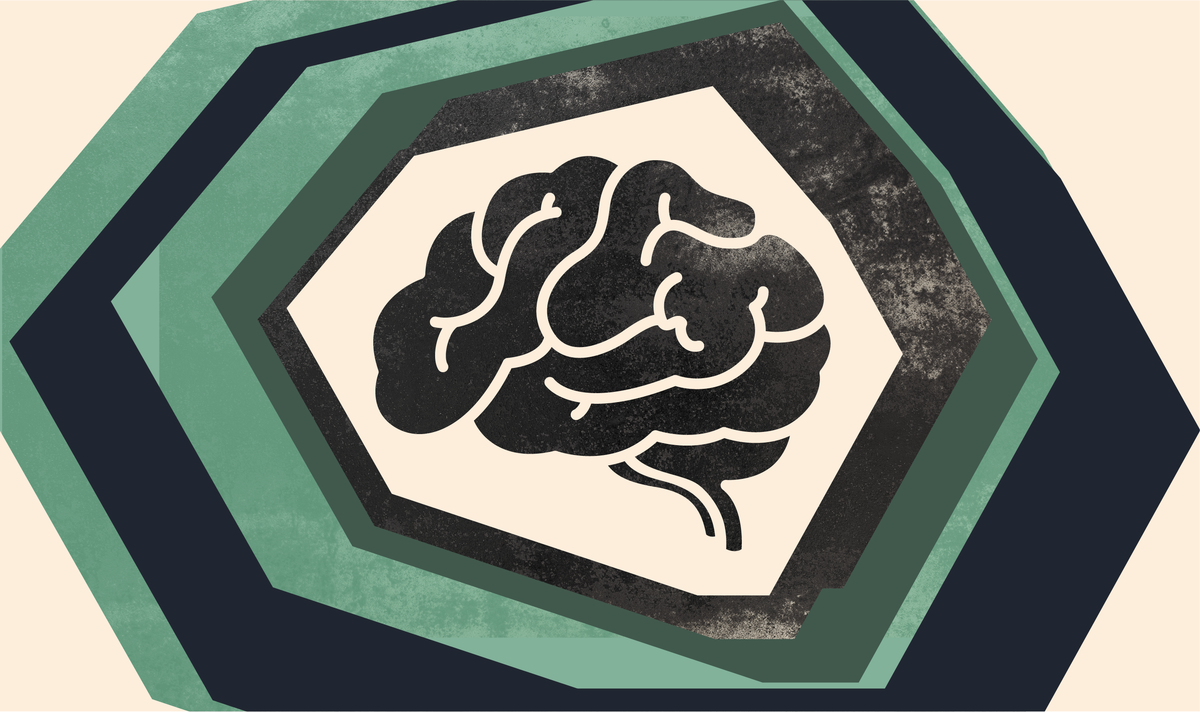Student’s self-inflicted gun death fuels discussion about teen mental health
A popular podcast also led to conversation about whether talking about problems in therapy improves depression symptoms.

A popular podcast also led to conversation about whether talking about problems in therapy improves depression symptoms.
Last week, a Utah student’s self-inflicted gun death generated online conversation about teen mental health. Social media users also discussed coping tools for depression after a popular podcast suggested that “thinking about your problems is a bad habit.” Additionally, commenters debated the merits of a post that called for people to be more “levelheaded” and discussed news-related anxiety.
Given these discussions, communicators may share mental health resources for teens, recirculate information about depression treatment, and share resources for people experiencing anxiety in response to current events.

Insights brought to you by the reporters and science writers of Public Good News (PGN), a nonprofit newsroom dedicated to improving community health.
What’s trending nationally in conversations about mental health
On September 26, a Utah ninth grader brought a gun on a school field trip and fatally shot himself in front of his classmates. Social media users across platforms expressed grief and shock, with many offering condolences to the student’s classmates and family. Some commenters speculated that the student could have been experiencing bullying or family problems, and many stressed that parents and teachers should know the signs of mental health crises in teens and intervene promptly to prevent suicides.
On September 27, an X user shared a video clip from a popular podcast in which the guest, an author, said, “The number one symptom of depression is rumination, pathologically obsessing over your pain. Getting out of your house and accomplishing anything is good for you. Sitting around talking and thinking about your problems is a bad habit.” The post received approximately 1.1 million views, 28,000 likes, 4,200 reposts, and 300 comments as of October 1. While some commenters agreed with the guest’s advice, others said that thinking through problems and talking about them in therapy is important for improving depression symptoms.
On September 28, Time magazine shared an Instagram post featuring a quote from a columnist that read, “We are facing an overreaction epidemic. Instead of regulating, we react. Instead of processing, we panic. Here’s how to be more levelheaded.” The post received approximately 591,000 views, 33,000 likes, and 360 comments as of October 1. Many commenters expressed outrage at the post, arguing that panic is a normal and healthy response to current events. Some of those commenters also acknowledged that populations impacted by recent executive orders and rising Immigration and Customs Enforcement arrests may experience more news-related anxiety than others. Some commenters defended the post and advocated for avoiding “doomscrolling” and limiting exposure to anxiety-inducing news.

Recommendations brought to you by the health communication experts behind Infodemiology.com.
Recommendations for public health professionals
Each week, the Infodemiology.com team will provide messaging recommendations in response to some of the trending narratives outlined above. These helpful tips can be used when creating content, updating web and FAQ pages, and developing strategy for messaging about mental health.
Conversations about teen mental health provide an opportunity to share mental health warning signs in teens, conversation starters for caregivers, and tips for talking to youth about gun violence. Communicators may also want to recirculate general mental health resources geared toward youth, such as therapist databases, support groups, local mental health centers, and mental health support hotlines, including the peer support hotline YouthLine and the Trevor Project’s hotline for LGBTQ+ youth. Sharing the 988 Suicide & Crisis Lifeline is recommended, as is explaining that teens can call anytime just to talk, even if they’re not in crisis.
In response to discussions about managing depression, communicators may share information about the signs of depression and treatment options, such as therapy and antidepressant medications. Messaging may also note that lifestyle changes have been shown to support mental health, including exercising regularly, eating a nutrient-dense diet, getting adequate sleep, maintaining connections with loved ones, managing stress, and practicing meditation.
Given discussions about the impact of current events on mental health, communicators may circulate tailored mental health resources, such as those for undocumented people, the BIPOC-led Call BlackLine, the Indigenous-led StrongHearts Native Helpline, the LGBT National Help Center, Trans Lifeline, and therapist directories where people can search for culturally competent mental health care providers. Communicators may also want to share tips for avoiding doomscrolling and managing news-related stress.
